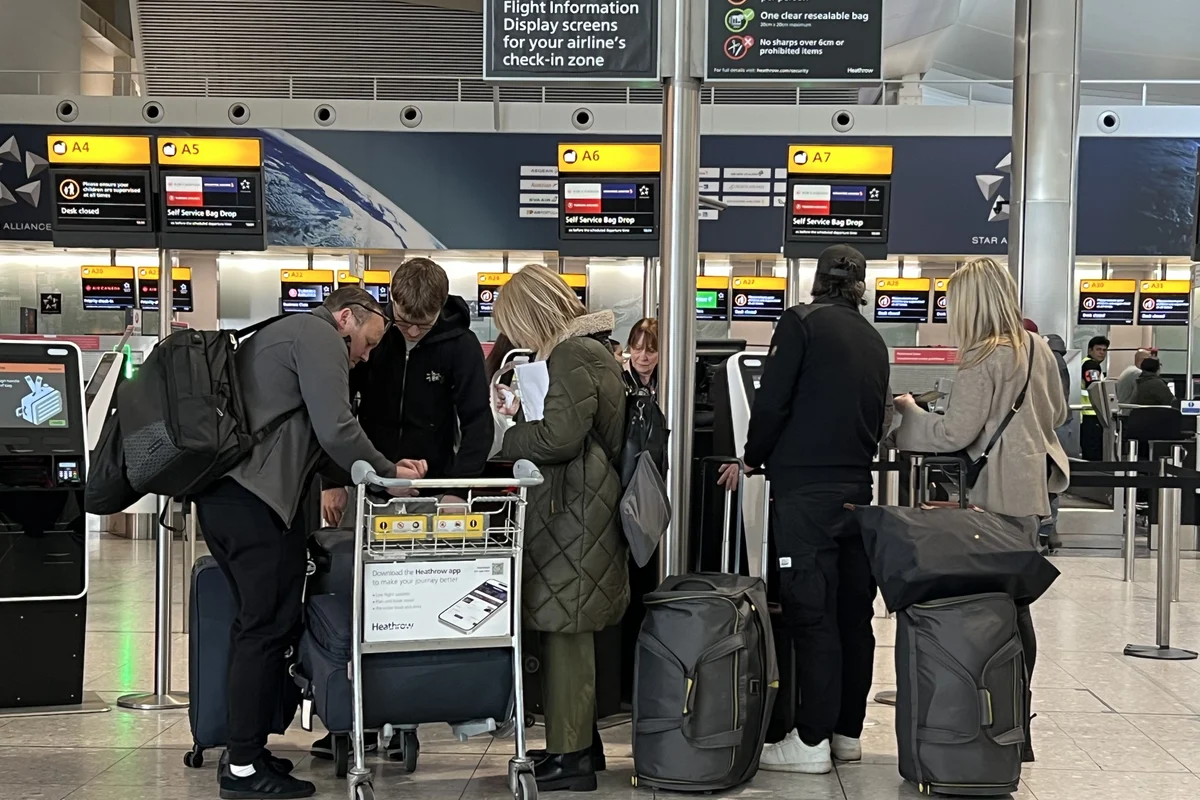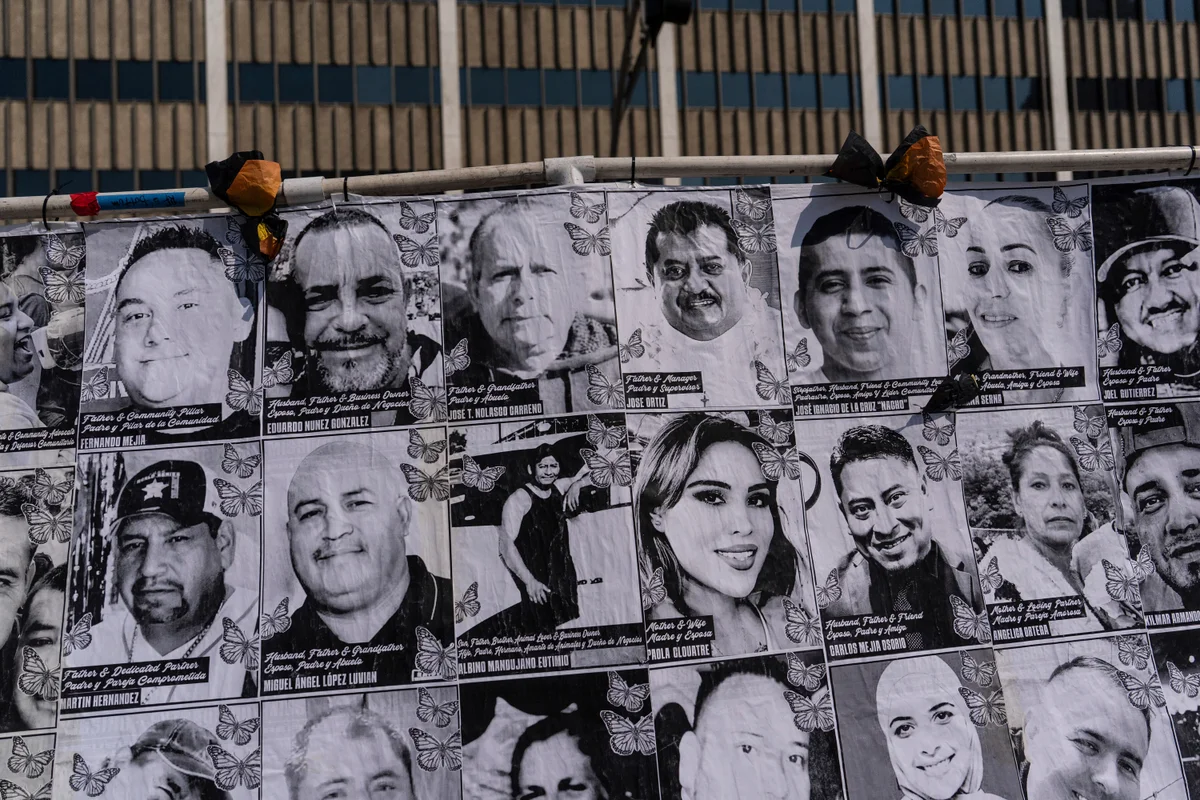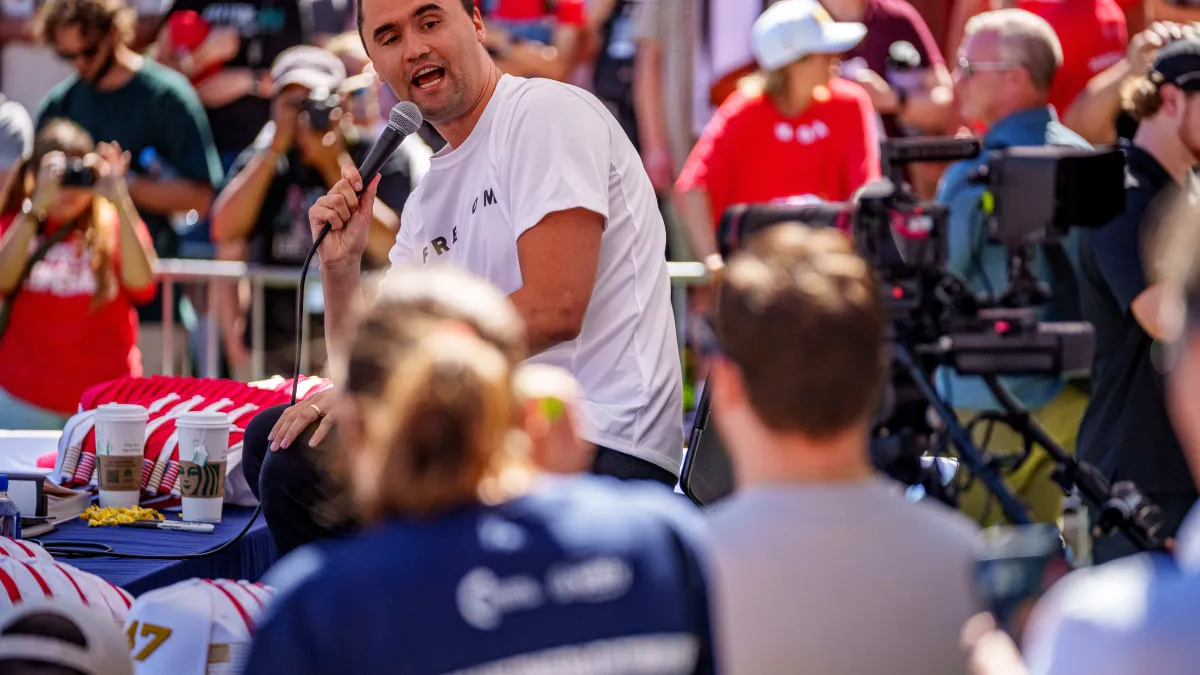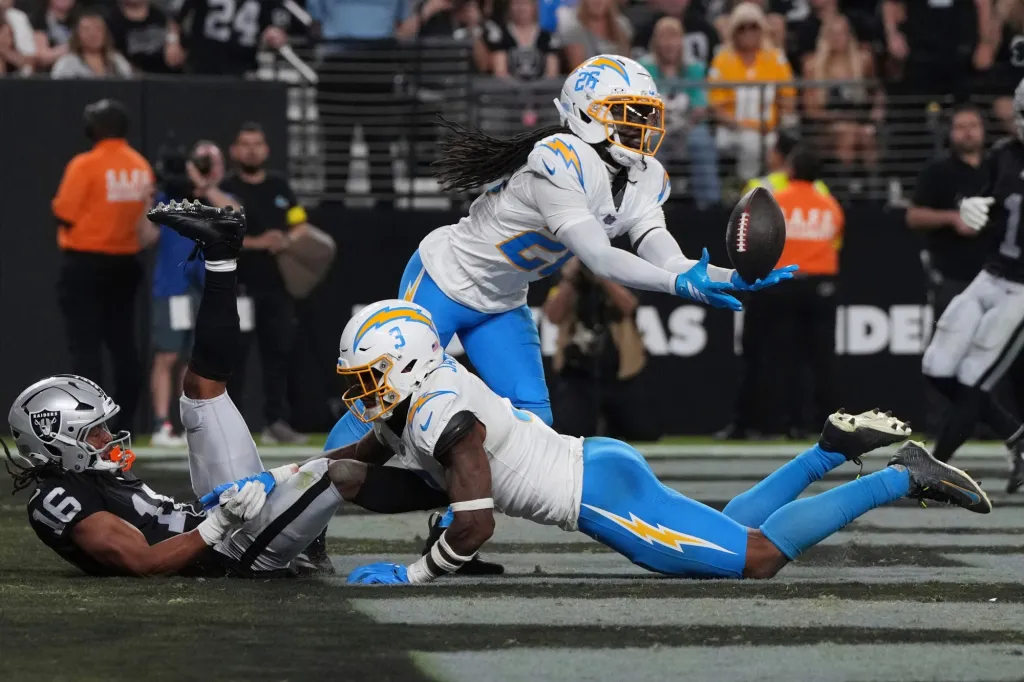By Sean Douglas
Copyright newsday
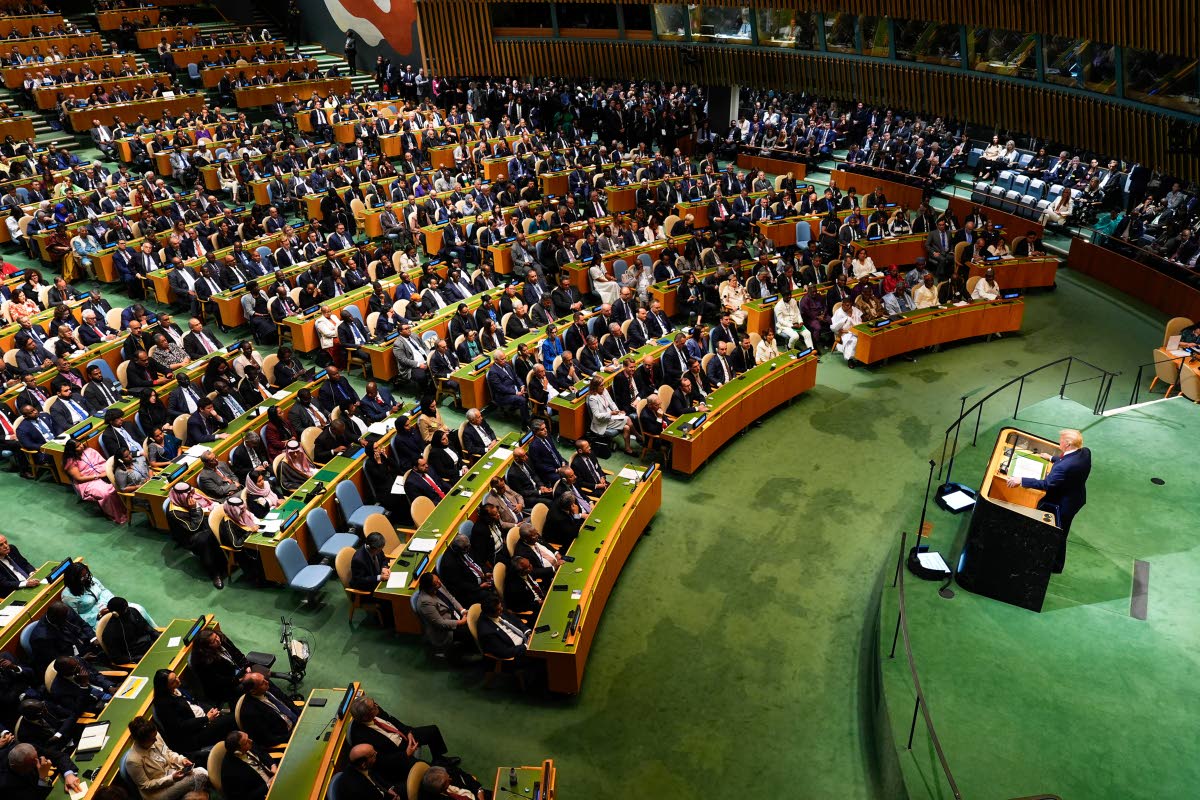
THE United States, Colombia and Guyana each used the forum of this week’s UN General Assembly (UNGA) in New York, USA, to express concerns over current hostilities involving Venezuela.
About 17 persons thought to be Venezuelan nationals and alleged by the US authorities to be narco-traffickers were killed on three occasions this month when three small boats were obliterated by weaponry from US warships.
These vessels were assembling in the Southern Caribbean after US President Donald Trump announced an anti-trafficking exercise. The US has put a US$50 million reward on the head of Venezuelan president Nicolas Maduro whom the US has dubbed a narco-terrorist, leading to speculation about the intentions of the powerful US fleet.
Trump, in his address to the UNGA, justified the sinking of the boats.
“Let’s put it this way. People don’t like taking big loads of drugs in boats any more. There aren’t too many boats that are travelling on the seas by Venezuela. They tend not to want to travel very quickly any more. And we virtually stopped drugs coming into our country by sea. We call them the water drugs. They kill hundreds of thousands of people.”
He said he has designated drug cartels as foreign terrorist organisations along, namely MS-13 and Tren de Aragua.
“Tren de Aragua is from Venezuela, by the way. Such organisations torture, maim, mutilate and murder with impunity. They’re the enemies of all humanity.
“For this reason, we’ve recently begun using the supreme power of the United States military to destroy Venezuelan terrorists and trafficking networks led by Nicolas Maduro to every terrorist thug smuggling poisonous drugs into the USA.
“Please be warned that we will blow you out of existence. That’s what we’re doing. We have no choice. Can’t let it happen. I believe we lost 300,000 people last year to drugs.
“Each boat that we sink carries drugs that would kill more than 25,000 Americans. We will not let that happen.”
Colombian President Gustavo Petro however called for Trump to be charged in a court of law over the US military strikes on the boats.
“A criminal process must be initiated against those officials who are from the United States. This includes the senior official who gave the order, President Trump.”
Petro claimed some victims of the US boat strikes were Colombian, whom he termed, “young people who simply wanted to escape poverty,” in contrast to the real drug traffickers whom he said live in New York or Miami. Petro declared, “Anti-drug policy is not meant to stop cocaine coming to the United States, but to dominate the people of the South as a whole.”
He lamented the US’s recent decertification of Colombia in the war on drugs. “I confiscated the highest amount of cocaine in the history of the country, and I have been decertified.”
Guyana President Dr Irfaan Ali said the UN was supposed to protect small states from external aggression, referencing Venezuela’s claim to Guyana’s Essequibo region.
“Guyana is a small State that has had to contend with aggression from the Bolivarian Republic of Venezuela for all 58 years of our nationhood.
“International law and its strict application have been our armour and our shield in our determination to protect ourselves from this aggression.”
Ali said the border between Guyana and Venezuela was fully, finally and perfectly settled in an 1899 award by an international tribunal, where Venezuela was fully represented.
However he said after six decades Venezuela had reopened the border issue on the eve of Guyana’s independence, claiming two-thirds of Guyana, which in turn submitted the conflict to the International Court of Justice (the ICJ) in line with a decision of the UN Secretary General.
Ali said in 2023, the ICJ issued provisional measures, saying, “Pending a final decision in the case, the Bolivarian Republic of Venezuela shall refrain from taking any action which would modify the situation that currently prevails in the territory in dispute, whereby the Co-operative Republic of Guyana administers and exercises control over that area.
Ali said, “After years of refusing to participate in the proceedings of the ICJ and stating that it does not recognize the jurisdiction of the Court, the Venezuelan government has now submitted a counter memorial to Guyana’s submission.”
He welcomed Venezuela’s participation in the court and hoped it will accept the court’s decision, as Guyana has long pledged to do.
“I reaffirm Guyana’s unwavering commitment to a peaceful resolution of this long-standing controversy in full conformity with international law and the principles set forth in the United Nations Charter.”
